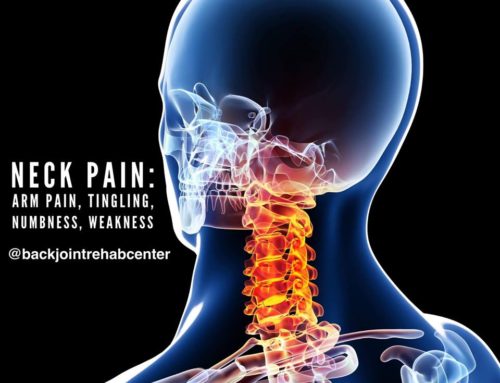Frozen Shoulder (Adhesive Capsulitis) is a condition that affects the shoulder to a significant degree ranging anywhere from 1 to 3 years or more. It is a progressive condition that has 3 phases causing the shoulder to lose significant range of motion with severe pain.
We hear the term frozen shoulder and we immediately think the inability to move the shoulder. This provides a good visualization of the condition; however, Frozen Shoulder is not as common. Many shoulder conditions produce pain and inability to the move the arm. However, Frozen Shoulder is a specific condition that gradually goes through stages affecting the shoulder joint capsule.

The proper name is Adhesive Capsulitis. It describes a condition in which the joint capsule becomes severely contracted inhibiting normal range of motion in the shoulder while producing properties of inflammation as the joint capsule is irritated. Thickening of the capsule occurs with scar tissue formation decreasing amounts of synovial fluid. Synovial fluid keeps the joint lubricated; thus, decreased amounts of synovial fluid leads to lesser motion.
The main symptoms regarding Frozen Shoulder is pain and loss of range of motion.
Three Stages
1. Freezing Stage
a. This stage may last 6-9 months
b. The greater time that lapses in which no shoulder movement is performed, initial shoulder movement is significantly painful & limiting
c. Upon continuous shoulder movement, it becomes easier to move; however, upon rest, the inability to move the shoulder returns to freezing stage
2. Frozen Stage
a. This stage may last 4-12 months
b. Range of motion is significantly limited in multiple planes
c. Significant pain with initial movement, tolerable pain with continuous movement; upon rest, it returns to frozen state
3. Thawing Stage
a. This stage may last 6-24 months
b. Range of motion begins to return to normal
c. Pain begins to decrease as range of motion is maintained
Causes of Frozen Shoulder
The cause of Frozen Shoulder has yet to be determined, however, certain demographics are affected more than others. Frozen Shoulder most commonly affects women between the ages of 40 and 60 years. Several associated correlations with other illnesses have been linked with frozen shoulder; however, no direct correlation exists.
Treatment Options
Reducing inflammatory pain may be achieved with over the counter NSAID’s (nonsteroidal anti-inflammatory drugs) such as ibuprofen, aspirin, or naproxen. If the pain is too great, it may require a stronger anti-inflammatory medication or steroid. Corticosteroid injections typically temporarily help reduce inflammatory pain. However, the focus of treatment should consistent of specific shoulder exercises to regain full range of shoulder motion.
While conservative efforts work best with Frozen Shoulder, rarely is surgery utilized. However, certain arthroscopic procedures are used that remove scar tissue from the frozen shoulder. Depending on which stage is present, the level of pain and range of motion in the shoulder will be illustrated. The better outcome will require a great frequency of continually moving the arm to fullest range of motion. The better outcomes are obtained with patients who understand the way the pain will behave with respect to this condition.
Patient education is always the most important part in any type of rehabilitation. However, due to the length of this condition, it is beyond important that the patient understand how significant self- care and continuous care throughout this period will ultimately guide them to fully recover. Rehabilitative exercises will consist of specific exercises that target flexibility of the shoulder with favorable movements followed by a period of care loading the joint capsule and surrounding tissue with forms of resistance.
Correctly diagnosing Frozen Shoulder is important for patient education. Preparing patients what to expect and how to self-care is important in resolving conditions that appear frightening.






